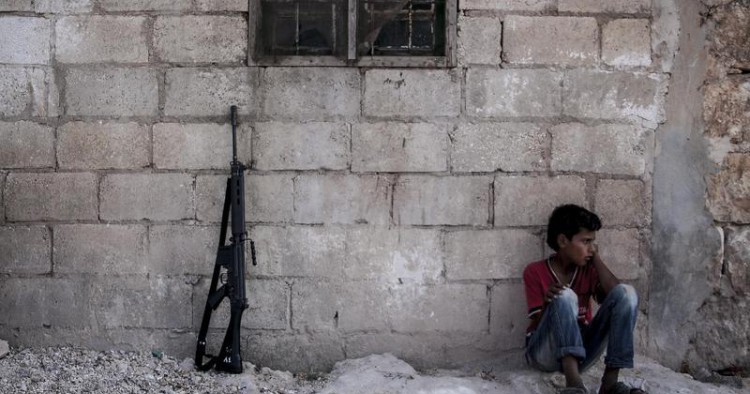The Middle East Institute and the Fondation pour la Recherche Stratégique (Paris, France), with support from the European Union, undertook the project entitled “Understanding Deradicalization: Pathways to Enhance Transatlantic Common Perceptions and Practices.” The goal of this project is to compare and analyze transatlantic practices in developing and implementing preventative interventions to minimize violence and the spread of radicalized and violent groups.
There is much to be learned by examining the strengths and weaknesses of both the American and European methods, and it is clear that taking a transatlantic approach to the challenge of deradicalization and counterterrorism is highly relevant in today's world.
Please select an essay below to view it as a PDF.
Table of Contents
- Introductary Essay
- Deradicalization Programs in Saudi Arabia: A Case Study
By Andreas Casptack - Deradicalization Programs and Counterterrorism: A Perspective on the Challenges and Benefits
By Dr. Lindsay Clutterbuck - Socio-psychological factors involved in measures of disengagement and deradicalization and evaluation challenges in Western Europe
By Dr. Allard R. Feddes - Cognitive and behavioral analysis of two forms of violence: Jihadi and ethnic gang Violence
By Frederique Fornier - Development Assistance and (de) Radicalization: An Argument for a Holistic Macro and Micro-Level Perspective
By Janette Uhlmann - Using Family Counseling to Prevent and Intervene Against Foreign Fighters: Operational Perspectives, Methodology and Best Practices for Implementing Codes of Conduct
By Daniel Koehler - Challenges and Possible Opportunities for Developing Effective Counter-narrative Measures to the “Islamic State” Movement
By Milena Uhlmann - Violence in Social Work and Deradicalization Interventions: Some Presumable Challenges
By Jean-Eric Pieraggi - A Comparative Look at European and American Approaches to Countering Radicalization Toward Violence
By Joanna Pliner - Explaining the Lack of an American Domestic Counter-radicalization Strategy
By Lorenzo Vidino
The Middle East Institute (MEI) is an independent, non-partisan, non-for-profit, educational organization. It does not engage in advocacy and its scholars’ opinions are their own. MEI welcomes financial donations, but retains sole editorial control over its work and its publications reflect only the authors’ views. For a listing of MEI donors, please click here.













